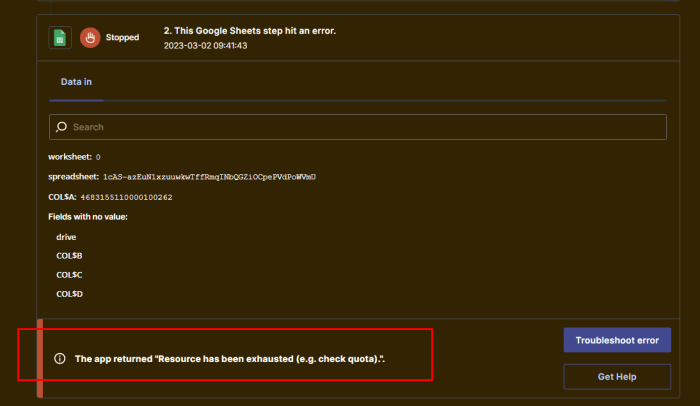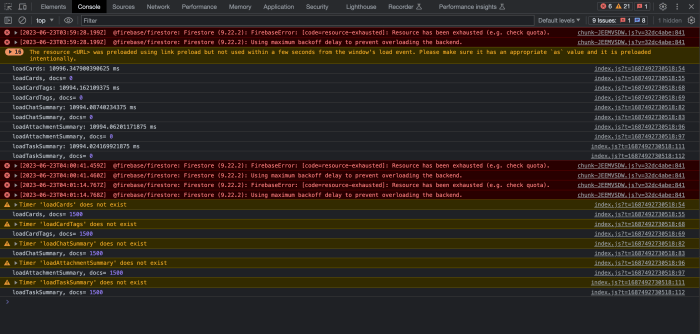Step into the world of salon suite lease agreements, where beauty professionals navigate the intricacies of renting their own space. This comprehensive guide will delve into the essential elements of a salon suite lease agreement, empowering you with the knowledge to make informed decisions.
As you embark on this journey, you’ll gain insights into rental fees, lease terms, space allocation, utilities, insurance, restrictions, common areas, and more. Understanding these aspects will ensure a smooth and successful experience in your salon suite venture.
Lease Term and Renewal Options
The lease term for this suite is one year, commencing on the start date and expiring on the end date. The tenant has the option to renew the lease for an additional one-year term, upon giving the landlord written notice of their intent to renew at least 60 days prior to the expiration of the initial lease term.
Lease Termination
The tenant may terminate the lease prior to the end of the lease term by giving the landlord written notice of termination at least 30 days prior to the desired termination date. The tenant will be responsible for paying a termination fee equal to one month’s rent if the lease is terminated prior to the end of the initial lease term.
Utilities and Services
This section of the lease agreement Artikels the utilities and services that are included in the lease, as well as any additional services provided by the landlord.
The following utilities are typically included in a salon suite lease agreement:
- Electricity
- Water
- Heating and cooling
In addition to these basic utilities, some landlords may also provide additional services, such as:
- Cleaning
- Maintenance
- Security
The specific utilities and services that are included in the lease agreement will vary depending on the landlord and the property. It is important to carefully review the lease agreement to ensure that all of the necessary utilities and services are included.
Insurance and Liability

This section Artikels the insurance requirements for both the salon tenant and the landlord. It also clarifies the responsibilities of each party regarding property insurance and maintenance.
Tenant’s Insurance Requirements
- The salon tenant is required to maintain the following types of insurance:
- General liability insurance: This insurance protects the tenant from claims of bodily injury or property damage caused by their business operations.
- Professional liability insurance: This insurance protects the tenant from claims of negligence or errors and omissions in the provision of their services.
Landlord’s Responsibilities
The landlord is responsible for maintaining property insurance on the salon suite. This insurance covers the building and any fixtures or equipment owned by the landlord. The landlord is also responsible for maintaining the common areas of the salon suite, such as the lobby and hallways.
Restrictions and Prohibited Activities
The Salon Suite is intended for professional and appropriate business practices. To maintain a harmonious and professional environment, certain restrictions and prohibited activities must be adhered to.
When exploring salon suite lease agreements, consider bo salon go. Their flexible lease terms and supportive community provide a great environment for beauty professionals. By joining bo salon go, you can access a range of amenities and services that will help you grow your business and succeed in the industry.
Don’t miss out on the opportunity to elevate your salon experience with bo salon go.
Violations of these restrictions may result in warnings, fines, or even termination of the lease agreement.
Noise Levels
- Excessive noise that disturbs other tenants or customers is prohibited.
- Music or other audio must be kept at a reasonable volume.
- Loud conversations or shouting are not permitted in common areas.
Business Practices
- Illegal activities, including the sale or use of illegal substances, are strictly prohibited.
- Any business practices that violate local laws or regulations are not allowed.
- Activities that could damage the Salon Suite or its equipment are not permitted.
Default and Remedies

The lease agreement Artikels specific events or actions that constitute a default by the tenant, triggering the landlord’s right to exercise remedies to protect their interests and the property.
Default typically occurs when the tenant breaches a fundamental term of the lease, such as failing to pay rent, violating the use restrictions, or causing damage to the property.
Landlord’s Remedies
In the event of a default, the landlord has several remedies available to address the breach and protect their property.
- Eviction:The landlord may initiate legal proceedings to evict the tenant from the leased premises, effectively terminating their occupancy.
- Termination of Lease:The landlord may choose to terminate the lease agreement, ending the tenant’s right to occupy the property.
- Legal Action:The landlord may pursue legal action to recover any unpaid rent, damages, or other expenses incurred due to the tenant’s default.
Final Conclusion
In conclusion, a salon suite lease agreement serves as the foundation for a mutually beneficial relationship between salon professionals and landlords. By carefully considering the terms and conditions Artikeld in this guide, you can establish a solid agreement that supports your business goals and protects your interests.
Remember, knowledge is power, and this comprehensive guide has equipped you with the tools to navigate the complexities of salon suite lease agreements with confidence.
